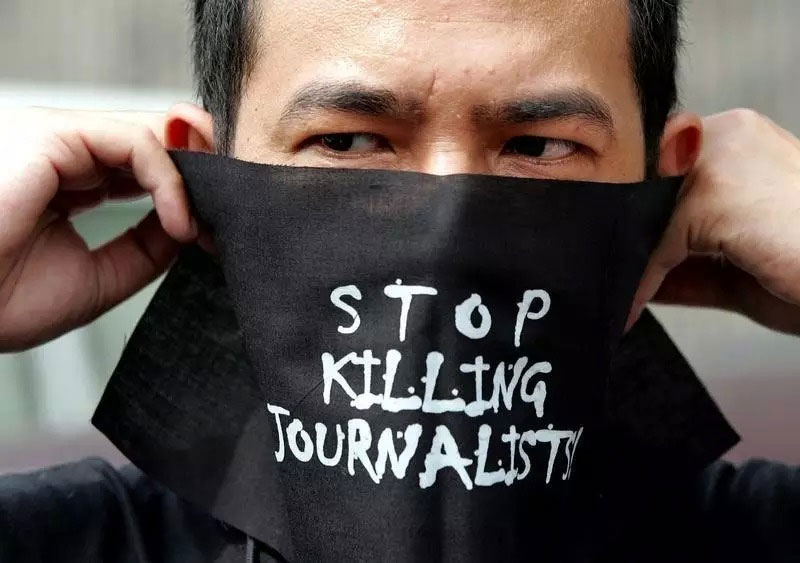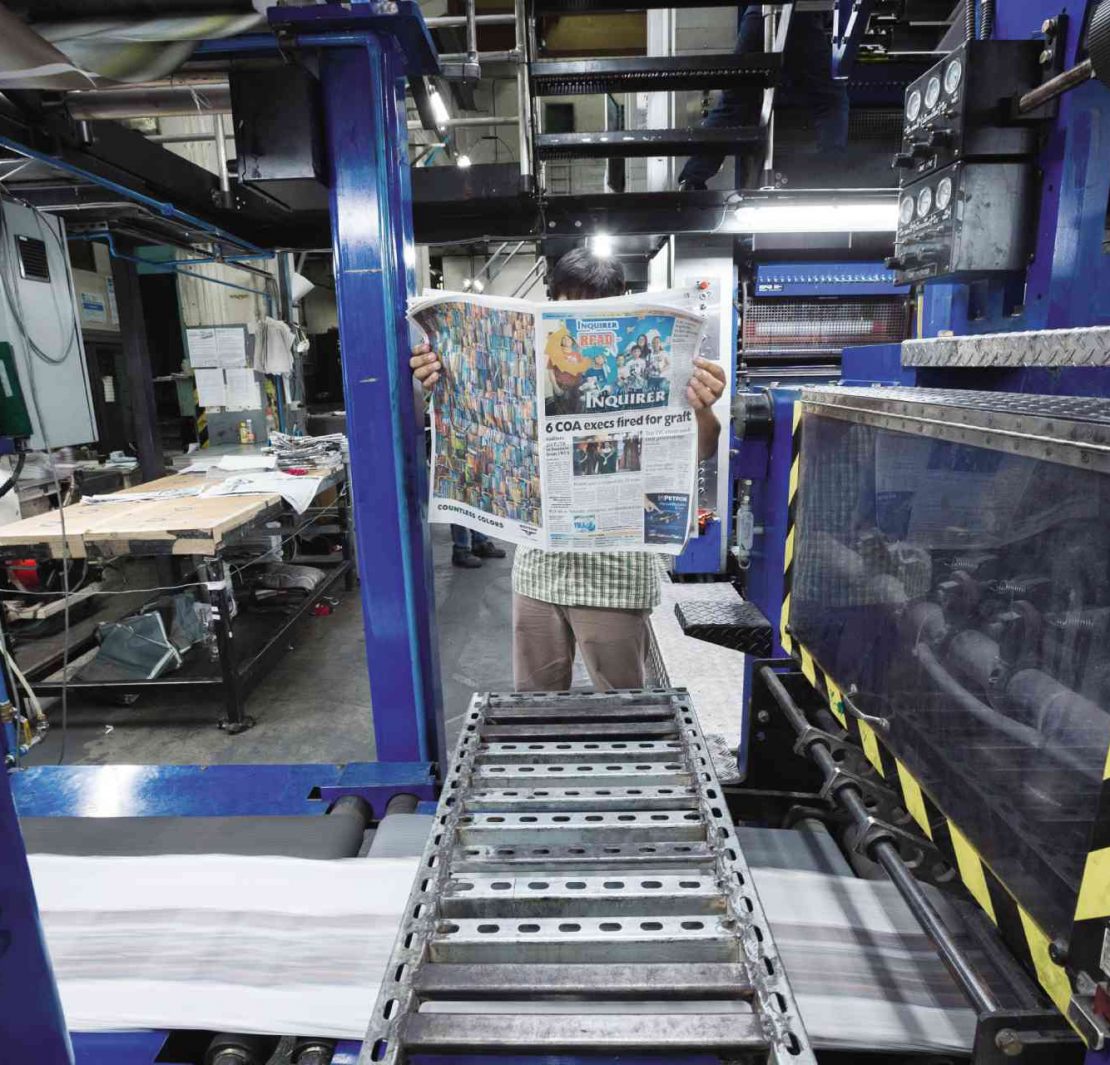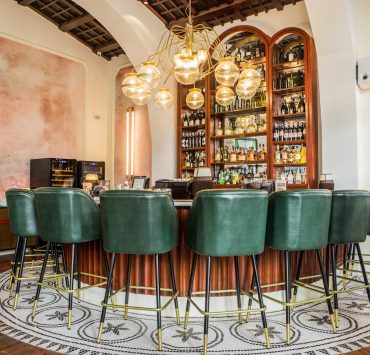In 2018, the International Federation of Journalists (IFJ) reported that the Philippines is the among the worst places in Southeast Asia for journalists due to threats of impunity, safety, and censorship. It’s a reality that not everyone may agree on, but you know that it’s happening. If you don’t believe me, just tune in to the evening news or check social media.
In this era of fake news, real journalists get the most criticism for reporting issues that are critical of the government. When Ferdinand Marcos declared martial law in 1972, he ordered the “take over and control of newspapers, magazines, radio and television facilities and all other media of communication” to prevent propaganda from spreading. Defiant journalists and publishers were imprisoned and in some cases, killed.
The National Union of Journalists of the Philippines recorded that since the People Power Revolution in 1986, the total death toll for journalists while on duty is at 185. Press freedom was reinstated in Cory Aquino’s term. But Philippine media during this period was described numerous times as rambunctious, which left Aquino “uncomfortable” with the thought.

Subsequent presidents Joseph Estrada and Gloria Arroyo weren’t fans of the press either, slapping the media with numerous libel suits. Data from the Center for Media Freedom and Responsibility (CMFR) revealed that at least 31 journalists were killed during Benigno Aquino III’s term.
Similarly, the Philippine Center for Investigative Journalism revealed that there are 12 journalists who were killed under the Duterte administration alone. It is believed that all killings are linked to the slain journalists’ jobs as broadcasters.
President Duterte has attacked the media multiple times in a series of tirades, even revoking online news outfit Rappler’s registration with the Securities and Exchange Commission for allegedly violating the Constitution and the Anti-Dummy Law.
We must remember that an attack to press freedom is an attack on our right to information and democracy. World Press Freedom Day was commemorated last May 3, but we shouldn’t stop at remembering the fight against press oppression and fake news on that day alone.
“We’re commemorating it at a time when governments have sought to paint the free press as enemies of states to muzzle us and escape accountability,” said the Foreign Correspondents Association of the Philippines (FOCAP), an organization of journalists formed during the Marcos regime.
“More than ever, it is a time to close ranks because truth is the bedrock of everything we hold dear as a country and people,” they continued in the statement. “When we lose our freedom to report the truth, everyone loses. We lose our dignity. We lose our soul.”
Header image courtesy of Jilson Tiu, Inquirer.net
Read more:
Northern and Southern Living’s rebranding proves print is far from dead
Our company is giving menstrual cups to our women employees because we care about the environment
MMDA to remove all bus terminals along EDSA by June
Read more by Jill Chua:
PSA: Ayala Museum will be closed for renovations starting June 1
You can now have vegan burgers and sausages at the Grand Hyatt
Writer: JILL CHUA




